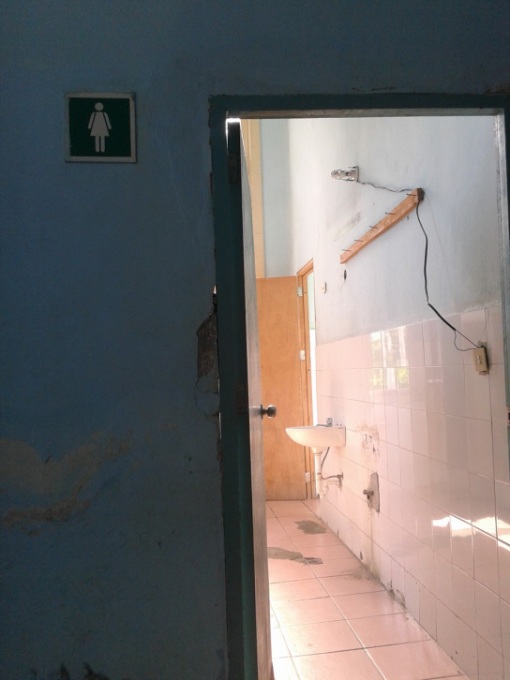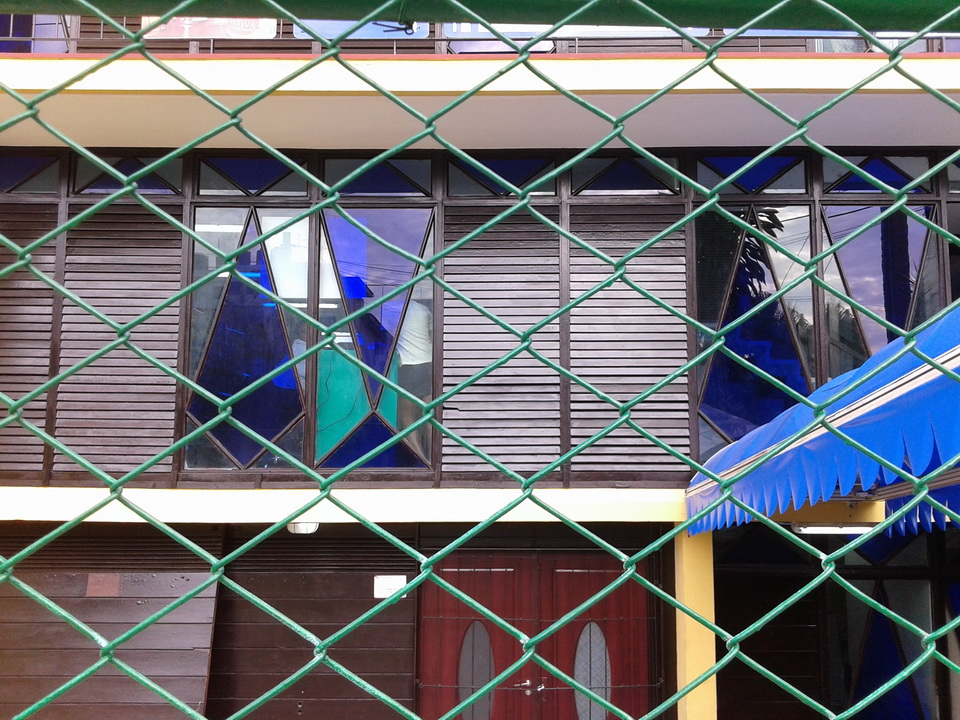From: Vera Pravdova [mailto:verap@enet.cu]
Sent: Thursday, June 18, 2015, 4:56 p.m.
To: abetancourt@cubarte.cult.cu
Re: A very good article! (forwarded Tuesday night)
Hello friends:
I’m forwarding you these two articles (Alpizar, Ravsberg) with the intention of distributing them to as many people as possible, since we should immediately demand the enforcement of laws protecting plants and animals, the urgent creation of new laws in this area, and the imposition of severe punishments on all violators. continue reading
Vera
Colleagues, can anyone disagree with the ideas expressed in this article? Unfortunately, there are no laws in our country protecting animals from abuse, as there are in other countries.
Consider why:
In the countries where such laws exist there are parliaments. Parliaments legislate, making the laws. And parliaments are composed of deputies.
Those deputies were chosen in elections and have commitments to those who elected them. These laws exist because the deputies proposed and approved them, and thus the officials are obligated to abide by them. These laws exist because the deputies in those countries know that they must fulfill their commitments to the voters.
Having commitments to voters does not mean that they are only accountable for their promises. The elected members, above all, have to respond to the concerns and demands of the voters, even in an electoral system such as ours, where there are no pre-election promises.
Because they were elected and have commitments to their constituents, those deputies don’t wait around until some minister or official proposes a law to approve it, as happens in our system (I say “approve” speaking of us, because I don’t remember any case where our deputies have rejected a proposal by the government, as does happen in other countries).
Those deputies initiate legislation, as delegated to them by the Constitution, the supreme law of a nation, which no official, minister, or even president can ignore, upon pain of dismissal.
Our Constitution also gives to the deputies, as representatives of the people, the legislative initiative. But I have not the slightest recollection of any law that arose at the initiative of our deputies.
(But I do have infinite memories of officials at all levels violating the Constitution, without any deputy, who is sworn to defend it, ever confronting them. But I digress.)
It is simply time for us to demand that Cuban deputies exercise the legislative initiative in the National Assembly. They are required to listen to us and comply with our mandate. Just as we have the right not to vote for them if they do not carry out that for which they were elected, including initiating laws.
We have no reason to follow this or that official around trying in vain to get his attention. The official doesn’t answer to us, but to his boss. The deputy, however, does answer to us; we are the ones who elected him. We should demand this of him (which we don’t).
To begin with, we should get in touch with our deputies, who were elected by our neighborhoods, and demand that they satisfy that for which they were elected, or we will withdraw our support. It is all too common in the city for us not to know who our deputies are or how to contact them directly: they are just three names that we’ve been told to vote for (because they are all worthy).
But we, the members of UNEAC (National Union of Writers and Artists of Cuba), have deputies that we know, who belong to the organization, our colleagues, who represent the intellectual sector in the National Assembly.
So in all of our meetings let us demand that these deputies fulfill what they were elected for. And let us be clear: If you do not represent us you have no reason to stand for election on our behalf.
Let us demand that the deputies who represent UNEAC propose at the next session of the National Assembly not merely the law on protection of animals that is so justly sought.
Let us also demand that they submit to the next Assembly the Film Act, the Consumer Protection Act, the amendment to the Law on Associations . . . and many other legal instruments that our country needs urgently to create or revise.
And that they meet with us (when I say us I don’t mean only the National Council of UNEAC) before going to the National Assembly, to take note of our ideas, as people who work and think like we do, and take to the Assembly our concerns and proposals about the short and long-term future of our country.
Including, of course, the concern that many have expressed about the idea of filling Cuba with golf courses, a threat to our ecology and, in the not very long term, to our economy.
Other members of other sectors of the population should do the same with the deputies these agencies put forward for election, but that’s their business. We at UNEAC are obligated and able to work on legislative initiatives for the deputies we elect to present on behalf of our industry. Or to not re-elect them.
For now, why don’t we make a list of the current deputies put forward by UNEAC?
Let’s start there and write (everyone!) to their electronic addresses, sending our proposals, so no one can say they were unaware of them.
Let’s also push for the deputies of the arts sector to meet with us to talk face-to-face about the country’s problems.
Undoubtedly some of you smiled and thought that what I have written is pure idealism, but … does anyone have a better idea? Let’s try this. Demand that our deputies submit our ideas to the National Assembly. These are not parochial ideas, they relate to everyone.
Cordially,
Alpízar
18 June 2015























